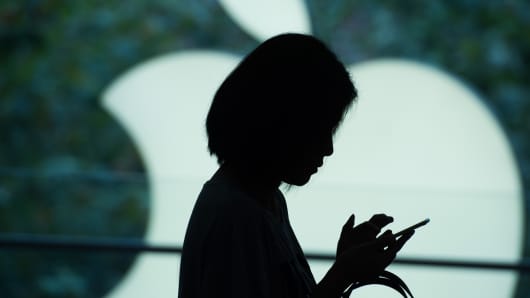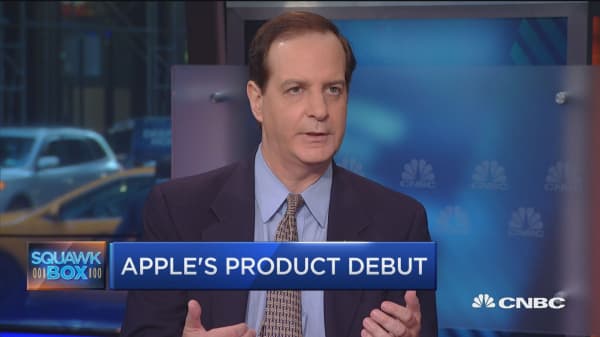Unless Apple can step up the pace on innovation, Chinese tech addicts aren't going to be selling their kidneys for one of the U.S. giant's products anytime soon.
Usually, when one of Apple's high-profile product launches approach, there are plenty of comments from Chinese citizens about "kidney-selling time," as they jokingly express their love for the sleek designs, even despite of their relatively high price — "I'm willing to sell my kidney to buy this iPhone!"
Apple's latest launch - of the iPhone 7 and iPhone 7 plus, plus the AirPod wireless headphones and an updated Apple Watch - still prompted plenty of kidney jokes. But the response was noticeably less enthusiastic than previous, amid complaints that the new smartphones weren't innovative and eye-catching enough to impress Chinese buyers.





